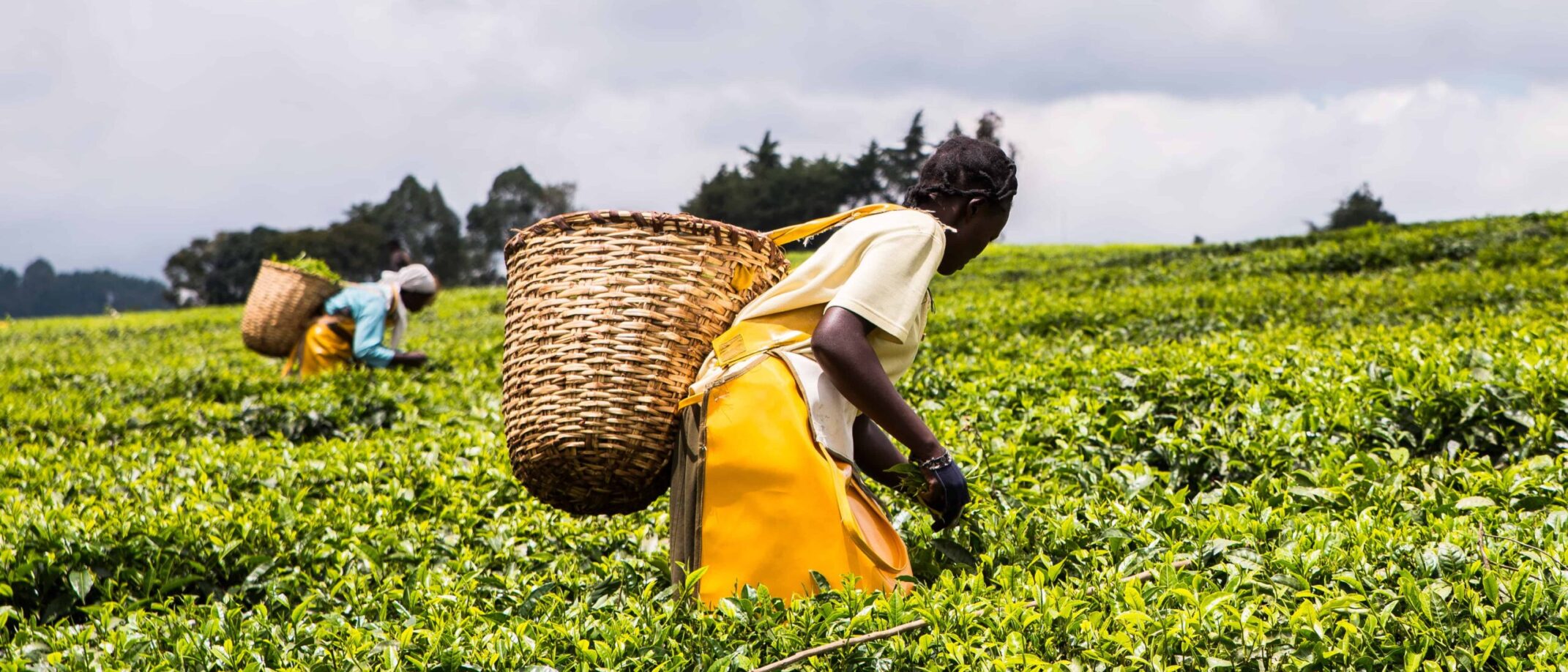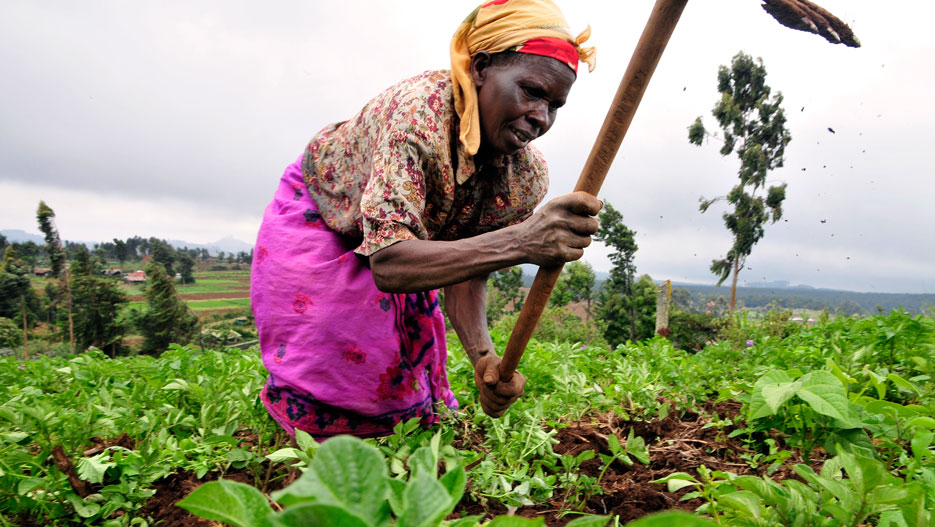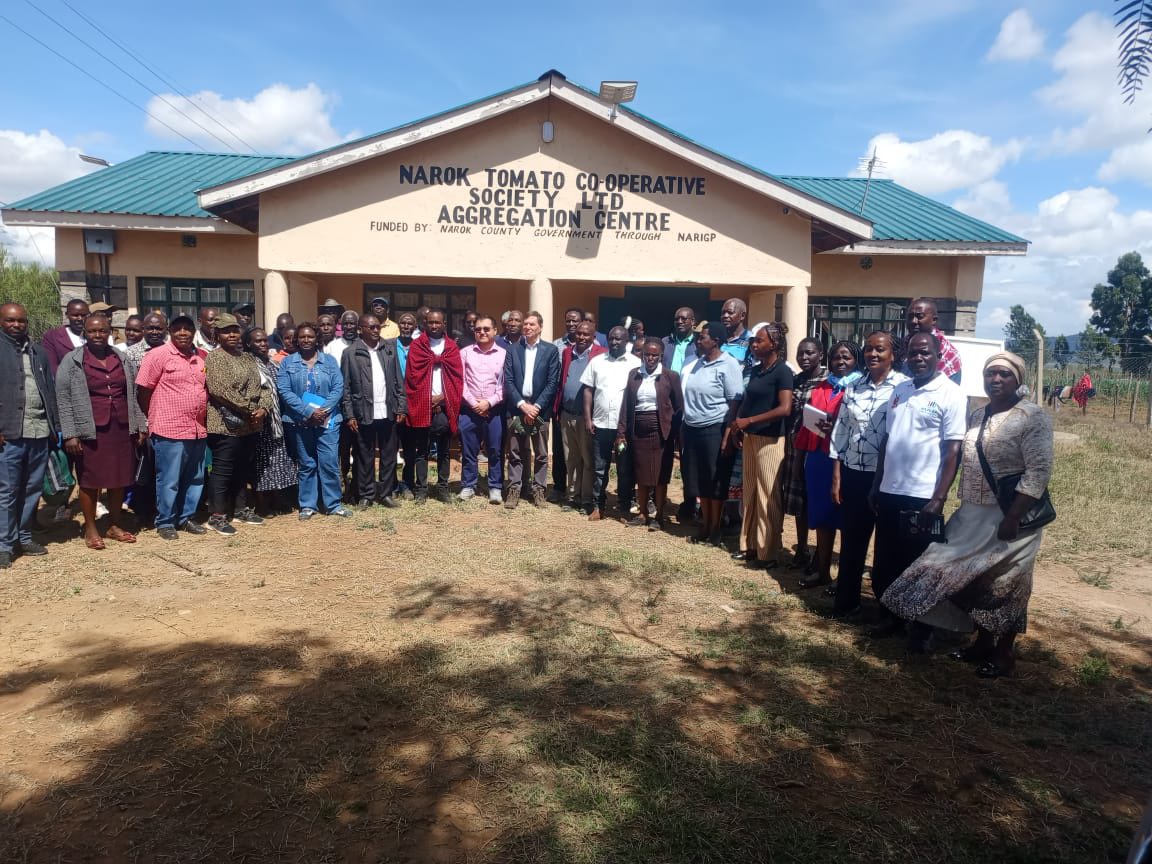Agriculture is often referred to as the backbone of any economy. Its significance extends beyond mere food production; it touches on various aspects of societal well-being, economic stability, and environmental sustainability.
In recent years, the challenges posed by climate change, population growth, and economic fluctuations have highlighted the urgent need for governments to prioritize the agricultural sector. This article explores the reasons why this prioritization is vital for food security and overall national prosperity.
At its core, the agricultural sector is essential for ensuring food security. As the global population continues to rise, the demand for food escalates correspondingly. The Food and Agriculture Organization (FAO) estimates that food production must increase by 70% to meet the needs of an anticipated 9.7 billion people by 2050. Without robust agricultural policies and investments, many regions may find themselves unable to provide sufficient food for their populations, leading to hunger and malnutrition.
Governments must recognize that agriculture is not just a rural concern; it has far-reaching implications for urban areas as well. A strong agricultural sector can stabilize food prices, create jobs in both farming and related industries, and reduce dependency on food imports. When local farmers are supported, they can produce more food, ensuring that communities have access to fresh and nutritious options.
Investing in agriculture is also a catalyst for economic growth. The sector employs a significant portion of the workforce in many countries, especially in developing regions. By prioritizing agriculture, governments can create jobs not only in farming but also in processing, distribution, and retail.

This multiplier effect can stimulate local economies and reduce poverty levels. Moreover, supporting modern agricultural practices can enhance productivity. Innovations such as precision farming, organic farming, and sustainable practices can lead to higher yields and lower environmental impact. Governments can facilitate this transition by providing access to technology, training, and financial support for farmers looking to adopt new methods.
Climate change poses a significant threat to agriculture worldwide. Unpredictable weather patterns, rising temperatures, and extreme events such as droughts and floods disrupt food production. By prioritizing the agricultural sector, governments can implement sustainable practices that not only increase resilience to climate change but also promote environmental stewardship. Practices such as crop rotation, agroforestry, and conservation tillage can enhance soil health and biodiversity.
Additionally, investing in research to develop climate-resistant crop varieties can help farmers adapt to changing conditions. By focusing on sustainability, governments can ensure that agricultural practices do not compromise the health of the planet for future generations.
YOU MAY ALSO READ:
Oparanya urges Nyanza to embrace cooperative model for socio-economic growth
Beyond production, the agricultural sector must also be supported in terms of distribution. Many countries face challenges in getting food from farms to consumers efficiently. Poor infrastructure, lack of storage facilities, and inadequate supply chains can lead to significant food wastage. When governments prioritize agriculture, they can invest in improving transportation networks and storage solutions, ensuring that food reaches markets promptly and reduces losses.
Promoting local food systems can strengthen communities, as when consumers buy directly from local farmers, it not only supports the economy but also fosters a sense of community. Governments can encourage farmers’ markets, community-supported agriculture (CSA) programs, and farm-to-table initiatives that connect producers with consumers.
The need for governments to prioritize the agricultural sector is clear. By focusing on food security, economic growth, and environmental sustainability, they can create a more resilient and prosperous society. The challenges ahead are formidable, but with strategic investments and policies, the agricultural sector can thrive. Ultimately, a strong agricultural foundation is essential for ensuring that all citizens have access to the food they need to lead healthy and productive lives. The time to act is now, as the future of food security and national prosperity depends on it.
By Tonny Kyule, Rongo University, Migori.
Get more stories from our website: Sacco Review.
For comments and clarifications, write to: Saccoreview@
Kindly follow us via our social media pages on Facebook: Sacco Review Newspaper for timely updates
Stay ahead of the pack! Grab the latest Sacco Review newspaper!



